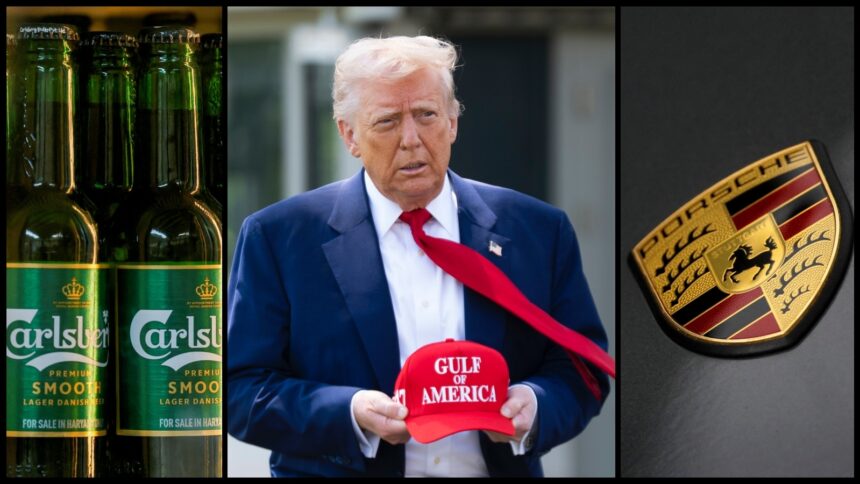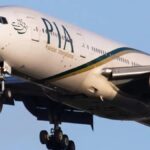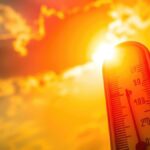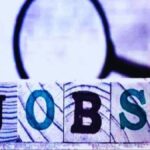US President Donald Trump’s ‘Liberation Day’ reciprocal tariff announcements have created uncertainty for countries and businesses. With US trade partners scrambling to strike bilateral treaties that may ease their tariff burden and bridge their trade imbalance with America, companies are broadly choosing to keep their powder dry and watch what they say even if their first quarter earnings gave them something to cheer about. With Q1 earnings season already underway in the West, key European revealed how they view Trump tariffs and why they would hold off on crystal gazing just yet. From carmakers to appliance manufacturers, brewers to energy majors, a gamut of companies shared their earnings on Tuesday. Here’s a breakdown of their forecast for the near future in the shadow of Trump tariffs.
Mobility, here, encapsulates a range of goods and services providers, from luxury cars to airlines. How are Trump tariffs expected to impact their the bottom lines? Swedish-origin, Chinese-owned carmaker Volvo withdrew its revenue forecast for the next two years, providing market watchers a window into the uncertainties that engulf the European car maker. The company’s Q1 profit narrowed to 1.9 billion Swedish krona (1 US$ is equal to 9.65 krona) in Q1 FY25 from 4.7 billion krona in the year-ago period. Since Volvo Cars largely imports vehicles into the US from Europe, it might be subjected to nearly 25 per cent duty. To be sure, Trump was reportedly expected to provide relief to automakers by potentially lowering this duty in the interest of the US automobile lobby. Volvo Cars foresees an impact to its profitability arising out of “tougher market conditions and lower volumes combined with increased price pressure and tariff effects,” it said in its quarterly earnings report.
German carmaker Volkswagen’s sports car brand Porsche reported better than expected earnings in the first quarter of the current fiscal from the North American region excluding Mexico. This was attributed to an improvement in purchasing power, and, more importantly, “pull-forward effects due to the announced introduction of tariffs,” according to its quarterly earnings statement.
Porsche revised the 2025 sales revenue forecast to 37-38 billion euros from 39-40 billion euros earlier, adding that the “introduction of US tariffs to lead to negative impacts for the months of April and May 2025”. While the sports car maker is unlikely to shift manufacturing to the US owing to its low vehicle sales figures, Porsche CFO Jochen Breckner said the company plans to pass on “at least a proportion of the tariffs to end customers”.
German airline Lufthansa warned against headwinds from foreign exchange volatility and geopolitical uncertainties, even as it reported a 25 per cent jump in Q1 passenger traffic from the Americas to Europe. “Despite all the geopolitical uncertainties, we … remain on course for growth, are optimistic about the summer, and are sticking to our positive outlook for 2025,”
Lufthansa CEO Carsten Spohr said in a statement. However, the airline has set up a task force to “closely monitor current developments and, if necessary, respond quickly and flexibly to any weakening in demand, for example by adjusting capacity”.
Lufthansa also forecasted potential cost additions owing to a range of issues such as low demand and air freight volumes, apart from a spike in “costs of materials, aircraft and aircraft parts”, according to its earnings release.
Danish beermaker Carlsberg kept its full-year outlook unchanged but warned that US tariffs are likely to affect consumer spending and the cost of raw materials in upcoming quarters. “History tells us that prolonged uncertainty will feed into consumers’ purchasing decisions,” CEO Jacob Aarup-Andersen told Reuters.
While Carlsberg has limited exposure to US tariffs since the country makes up for a small fraction of the brewer’s overall sales, a spike in the price of barley, sugar and aluminium may spoil the party for beer guzzlers, Aarup-Andersen said. Interestingly, Carlesberg’s Q1 sales surged 17 per cent on a rise in China sales figures.
Adidas kept its 2025 revenue guidance unchanged despite a strong first quarter. While Adidas would have raised its revenue guidance “in a normal world” the uncertainty around trade negotiations and final tariff rates prevented it from making “any ‘final’ decisions on what to do,” said CEO Bjorn Gulden. He was clear that the company will compensate for US uncertainty by boosting business elsewhere, while trying to provide products in the US “at the best possible price”. To be sure, the sportswear brand has already slashed exports of China-made products to the US.
Swedish appliance maker Electrolux warned that US tariffs are likely to prompt consumers to shift to lower price points and cut back on discretionary spending. The company adjusted its North America market outlook for full year FY25 to ‘Neutral to Negative’ from negative in 2024, said CEO Yannick Fierling. The company plans to raise prices to compensate for tariff hikes, according to its interim Q1 earnings report. The impending uncertainty was underlined by Fierling in an interview with Reuters where he said: “For us producers, it is extremely difficult to anticipate where tariffs will be landing.”
While the company largely manufactures for North America within the continent, it plans to diversify some component supply lines from China to other Asian countries, besides Turkey.
Energy major BP reported a 4 per cent decline in Q1FY25 net profit to $1.4 billion citing weaker refining and trading in gas. BP CEO Murray Auchincloss warned that lower crude prices may reflect across its capital plans, Reuters reported. BP has pegged the additional capital that it may require if crude price shifts by up to $10 per barrel, at $2.5 billion, Auchincloss said. He acknowledged expectations of a decline in global demand for oil and gas owing to global uncertainty.
Financial giant HSBC hiked its expected credit losses (ECL) to $900 million, $200 million “higher than in Q1FY24… to reflect heightened uncertainty and a deterioration in the forward economic outlook due to geopolitical tensions and higher trade tariffs” according to its earnings release. The financial sector bellwether said credit demand may be affected broadly by the Liberation Day tariff announcements. However, it predicted mid-single digit medium- to long-term growth in customer lending balances as well as double-digit annual growth in fee and other income from the wealth business, according to HSBC’s Q1 earnings statement.
The behemoth’s worst-case scenario forecast showed a low-single digit impact to revenues and $500 million-worth of additional expected credit losses, Reuters reported, citing HSBC CEO Georges Elhedery. In sectors that were not exempted from import tariffs, HSBC noted a significant volume drop along the US-China corridor, said Elhedry. This encapsulates how energy and credit are likely to be directly affected by the imposition of Trump tariffs, which are primarily aimed at bridging the gap in merchandise trade that America has with its trading partners.








